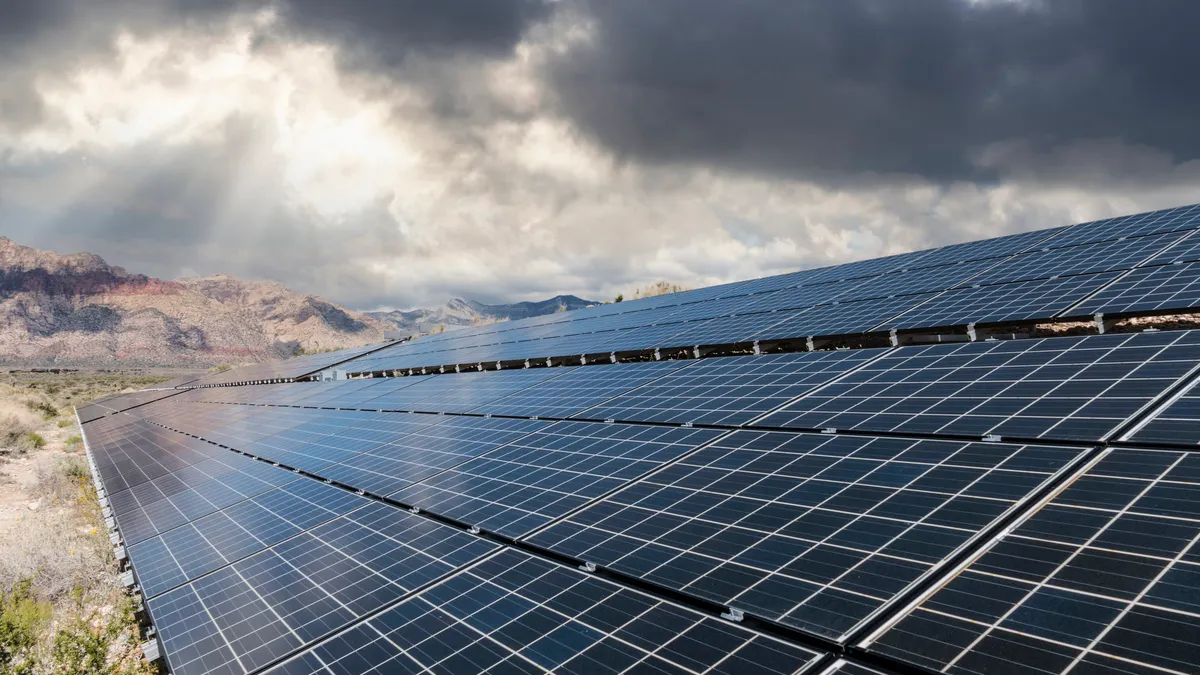The U.S. Bureau of Land Management on Monday issued final decisions approving NV Energy’s Greenlink West transmission project and Arevia Power’s $2.3 billion, 700-MW solar, plus 700-MW/2.8-GWh battery storage Libra Solar project.
The two projects “unlock” 4.7 GW of renewable energy in Nevada, according to the BLM. The BLM’s “efficient” environmental reviews of the two projects started last year, the agency said, noting the Biden administration has been working to speed up the federal permitting process.
Arevia Power, based in Las Vegas, intends to sell the output of its Libra project in Mineral County, Nevada, to NV Energy under a 25-year contract. The project, on about 5,200 acres of BLM land, is slated to come online by Dec. 1, 2027.
NV Energy will pay $34.97/MWh for energy and portfolio credits without any price escalation over the life of the contract, according to the utility company’s integrated resource plan that is being reviewed by the Nevada Public Utilities Commission. The capacity price for the storage portion of the power purchase agreement is $13,350/MW-month with no escalation for 20 years, and no cost for the remaining five years of the contract.
The contract has a levelized cost of energy, including network upgrade costs, of $93.69/MWh, NV Energy told the PUC.
NV Energy’s 525-kV Greenlink West project is set to run about 350 miles from Las Vegas to Yerington in Western Nevada near Lake Tahoe. NV Energy expects to begin building the project early next year and bring it into service by May 2027.
The BLM on Monday also opened a comment period for NV Energy’s proposed 525-kV Greenlink North transmission project draft resource management plan amendment and environmental impact statement. The transmission line is set to run from Yerington to Ely, Nevada.
The bureau opened a similar comment period for EDF Renewables North America’s 300-MW Bonanza solar project about 30 miles northwest of Las Vegas that the company plans to pair with 195 MW of four-hour battery storage. It expects to bring the project into service by the end of 2027.















